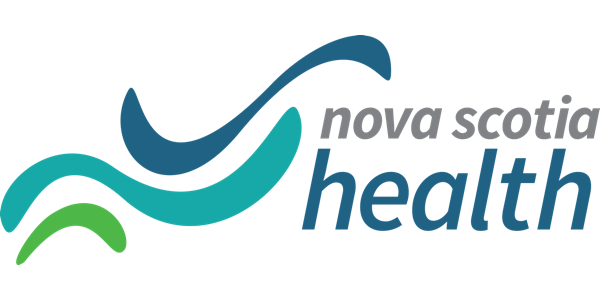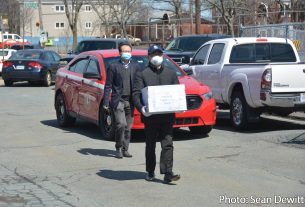**** NSHA Media Release
Nova Scotia Health research leads to new recommendation for rapid test
swabbing technique that improves accuracy
Nova Scotia Public Health now recommends Nova Scotians using rapid tests swab both their throat and nose when collecting their sample. This is based on research led by Nova Scotia Health’s microbiology team.
Nova Scotia researchers have determined that collecting samples from both the throat and nose provides a more accurate rapid test result than a nose swab alone, which is the instruction provided by the manufacturer.
Public Health is working to update the current testing instructions that people receive when they pick up a rapid test. Public Health is advising that if only one location of the sample is being used, it should be the nasal swab, as the throat swab alone is not as effective as the nasal swab.
Nova Scotia is the first to report research results supporting a combined throat/nose collection method for self-administered rapid antigen tests. With recent public discussion theorizing that a combined sample may produce more accurate results, the microbiology lab completed a quality project to test this theory.
Collaboration with volunteer-based community rapid testing sites was key to the project’s success and allowed the project to rapidly answer a question that many jurisdictions across the country have been asking. Through the volunteer’s efforts, the team was able to collect samples and perform a quality review of the procedure and outcomes.
The investigation compared results of a common rapid take-home test using three sample sites: nasal swab; throat swab and; combined nasal/throat. All results were confirmed with PCR testing. Compared to PCR test results, samples from nasal or throat swabs each detected 64.5 per cent of cases. However, combining the nose and throat swabs increased sensitivity to 88.7 per cent.
“These types of projects are instrumental in testing anecdotal reports of new collection methods that are different from the manufacturers’ approved collection recommendations. Projects like this are critical in our response to COVID-19,” said Dr. Todd Hatchette, Chief, Division of Microbiology, Department of Pathology and Laboratory Medicine, Nova Scotia Health.
“This data now supports the option of using a combined throat/nasal swab to enhance detection of Omicron. It can be used to inform community practice and increase confidence for those making swabbing recommendations to various stakeholders and users.”
This innovative quality research project has been submitted for publication. Congratulations to the authors of this project: Barbara L Goodall and Drs. Jason J LeBlanc, Todd F Hatchette, Lisa Barrett and Glenn Patriquin for creating this project providing early evidence to questions being asked across the country.
The unique infrastructure of community-led rapid testing sites allowed the project to move forward in a timely manner.
“Our volunteers have been the backbone of the community COVID testing innovation through the entire pandemic. We couldn’t do any of this unique work without them over the last years,” said Barbara Goodall, Research and Implementation Lead for Community-Led Testing.




